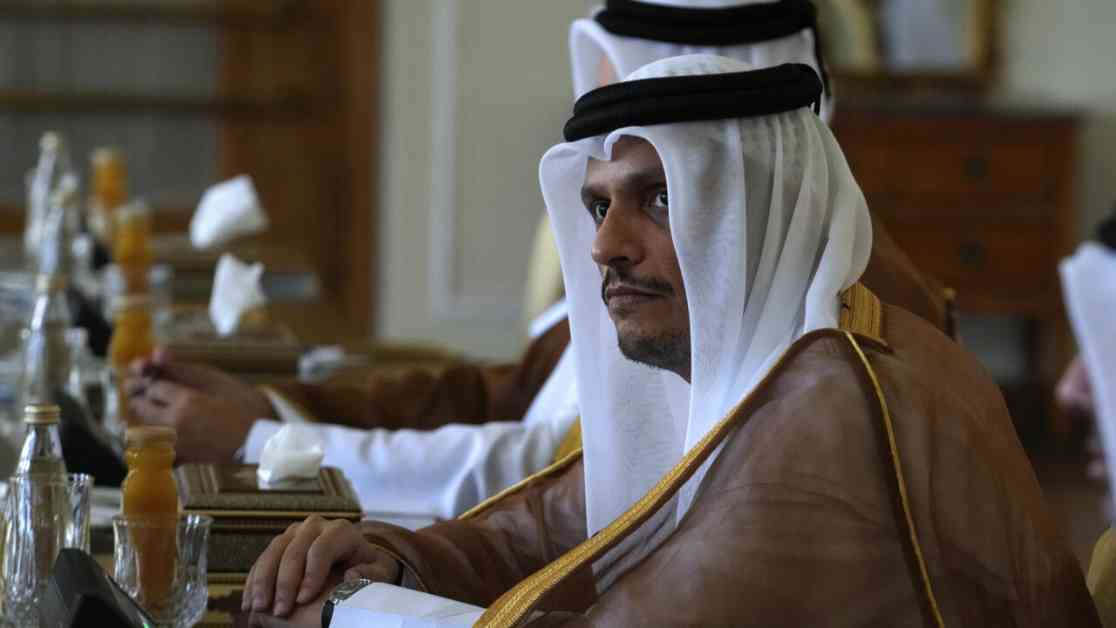Qatar Withdrawal: Stalled Israel-Hamas Mediation in Crisis
Qatar confirmed on Saturday, November 9th, that it was suspending its efforts towards a ceasefire agreement in the Gaza Strip. Negotiations will only resume when both parties show willingness and seriousness to end the war. Alongside the United States and Egypt, Doha played a key role in the talks between Israel and Hamas.
Israel and Hamas were informed of this decision ten days ago by Doha, which seems fed up with the endless cycles of negotiations. Since October 7, 2023, Qatar’s mediation has only led to one ceasefire, lasting a week and allowing the release of Israeli hostages held in Gaza and Palestinian prisoners held by Israel. Despite numerous talks, no results have been achieved as both sides accuse each other of blocking any agreement, with each camp refusing the other’s conditions for a ceasefire.
Within the Israeli government coalition, particularly on the far right, there is satisfaction with Qatar’s decision. This development is seen as having a major impact on the conflict in Gaza and the entire region. However, commentators note that Qatar’s decision is reversible, indicating that Qatar has not completely withdrawn. The Qataris have made concessions at the request of the Biden administration, but it remains to be seen if Hamas leaders will actually leave the country for a new destination.
Washington’s push for Qatar to exit the diplomatic scene aims to reduce Hamas’ negotiating capacity and force the Islamist movement to make more concessions. Israeli officials are not expected to change their positions until Donald Trump returns to the White House. Meanwhile, Prime Minister Benjamin Netanyahu proposes a new approach: offering five million dollars for each released hostage and allowing the kidnappers to seek refuge in a third country.
For Palestinians, this decision is not surprising nor a disavowal. They no longer believe in negotiations and are waiting for actions and a ceasefire to end the massacres in Gaza. It may be challenging to replace Qatar, but Turkey and Iran could potentially play a significant role in the future, according to experts.
While the Israeli right celebrates Qatar’s decision, families of hostages and those advocating for their release are less optimistic. Some believe that a mediator is necessary for successful negotiations and are losing hope in the current situation. Over 400 days have passed, and 101 hostages are still held in Gaza, while the war in the Palestinian enclave continues.
In conclusion, the withdrawal of Qatar from the mediation process between Israel and Hamas has created a crisis in the negotiations for a ceasefire. The future of the talks remains uncertain, with potential shifts in diplomatic dynamics and the involvement of other key players like Turkey and Iran. The impact of this decision on the conflict in Gaza and the region as a whole is yet to be fully realized.

















